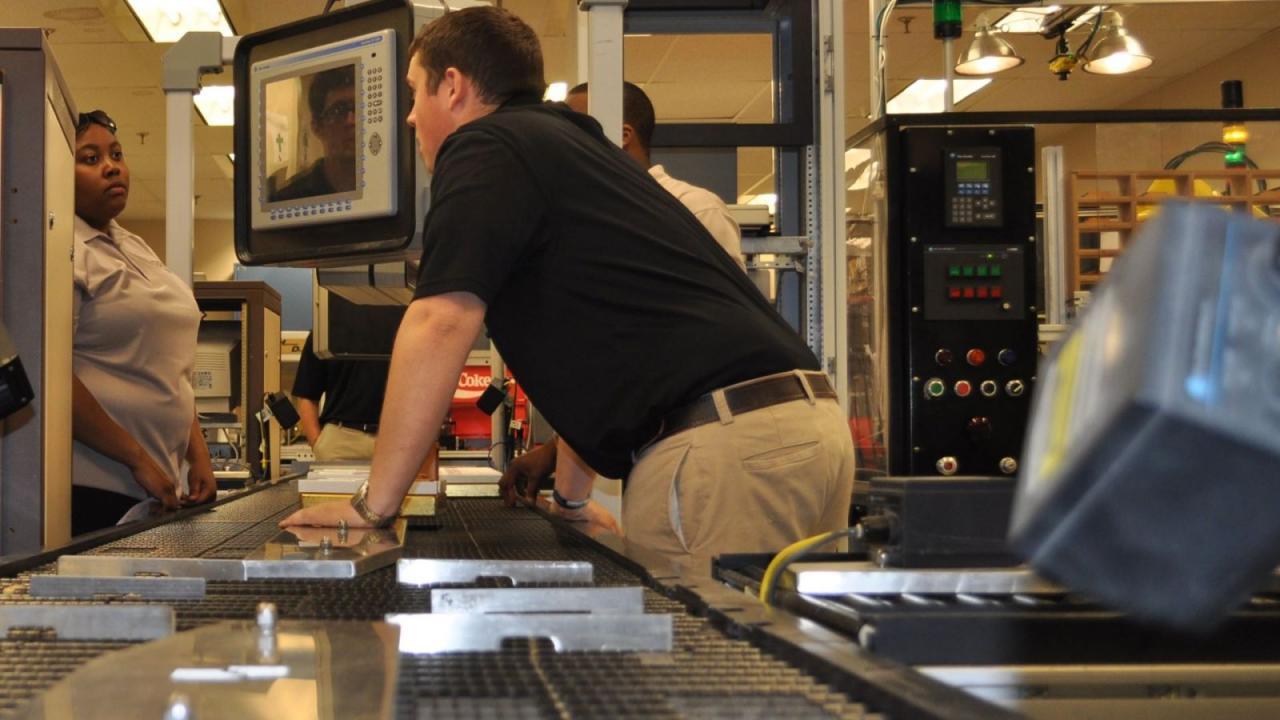Purdue Polytechnic recently hosted a visit from the Accreditation Board for Engineering and Technology (ABET) as part of a scheduled review of academic programs on a six-year schedule.
ABET conducts these reviews every six years for programs that have historically met the organization’s standards. However, programs not meeting those standards undergo reviews every two years, with the possibility of losing accreditation if improvements are not made.
The visit, which included evaluations of engineering technology, computer and information technology, and computer graphics technology programs, included a team of 10 ABET evaluators. These evaluators have visited not only Purdue Polytechnic’s presence on the West Lafayette Purdue campus, but also many of the Polytechnic statewide locations spread throughout Indiana.
April Cheung, an engineering technology faculty member, served as a key figure in preparing Purdue Polytechnic for the visit. “I’ve been involved in ABET in some capacity for the last 15 years,” Cheung noted; she has worked both as an evaluator in the past as well as in ABET’s leadership structure at different points in her career.
Faculty evaluations require professors to submit abridged syllabi and curriculum vitae, plus documentation on how their courses incorporate professional ethics and promote team training strategies in inclusive practices.
In addition to faculty evaluations, the accreditors made use of student-led discussions held in the lab spaces, where students had the opportunity to provide candid feedback to the evaluators. Faculty members were asked to leave during these discussions to allow students to speak openly.
Though the official outcome of the visit won’t be announced until summer 2025, some early feedback hinted at positive results. Cheung shared that one evaluator noted that an engineering technology program at Purdue Polytechnic was “one of the strongest programs he’s seen in that field in a decade.”
Maintaining ABET accreditation is important for institutions themselves, as well as their graduates. “So many jobs in the fields of engineering and technology list ‘ABET accredited’ as a necessary part of the job requirements for new applicants,” Cheung said. “Making sure we’re meeting their standards won’t just reflect well on us—it’s also really important because it does give our graduates so many opportunities right out of the gate.”
Additional information

